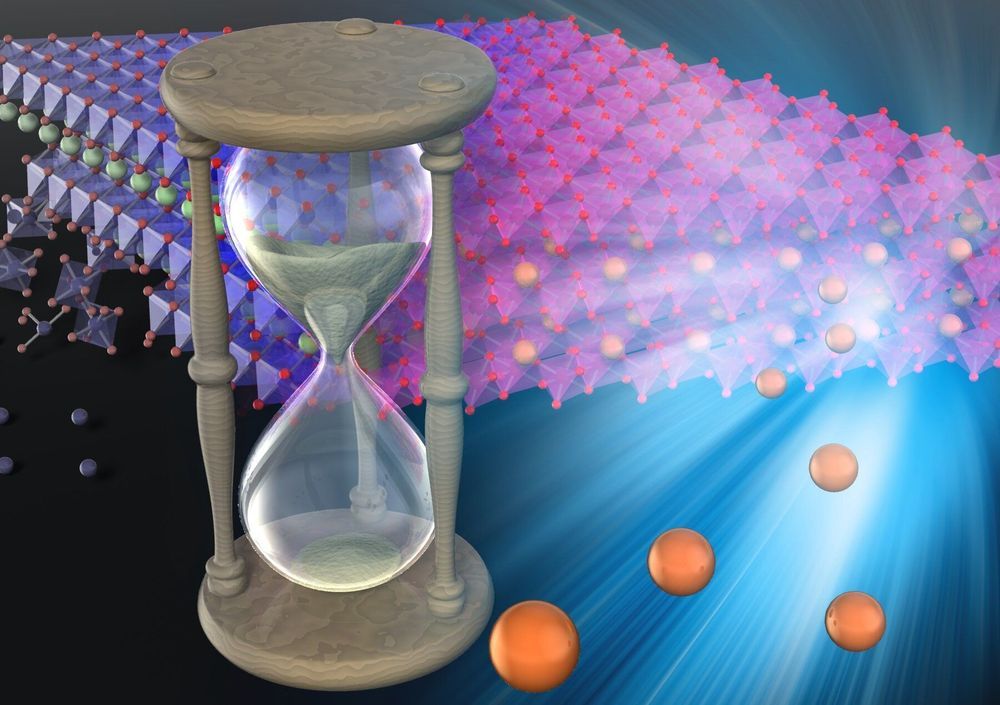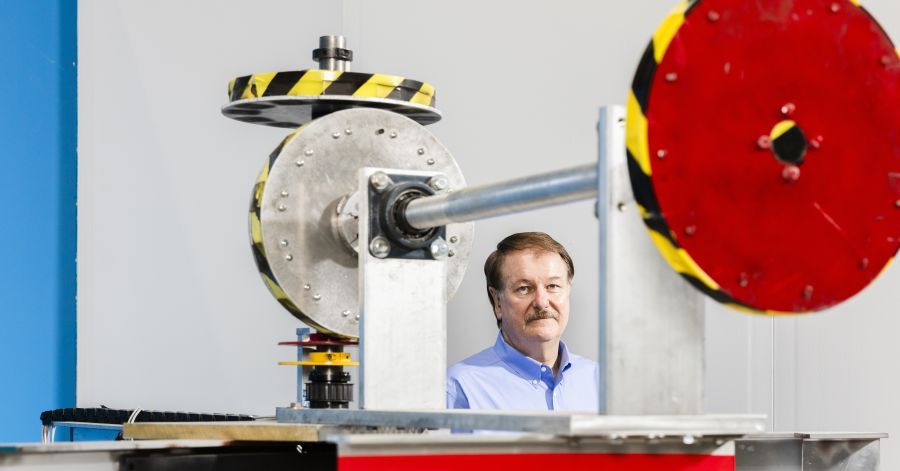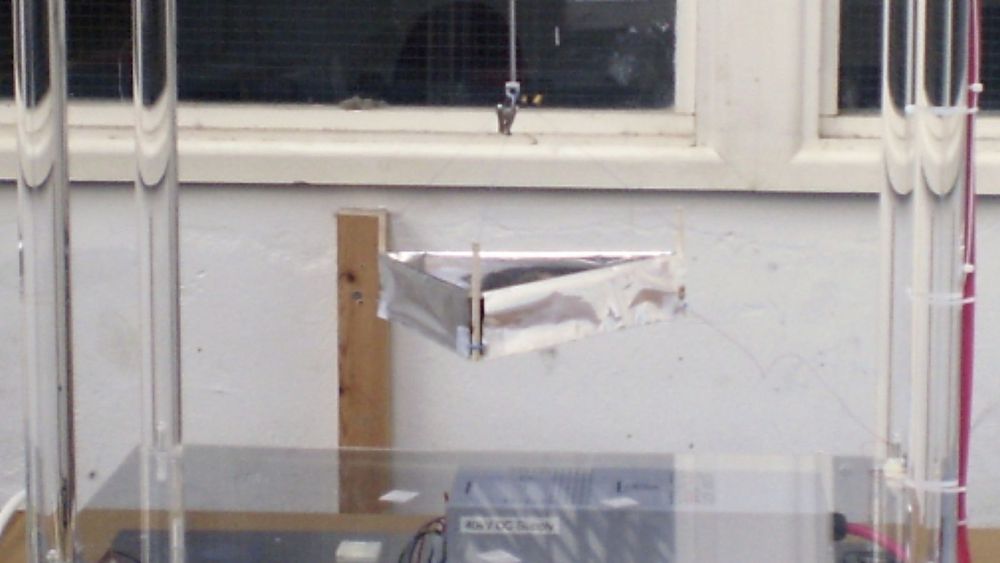Engineers at the University of Tokyo continually pioneer new ways to improve battery technology. Professor Atsuo Yamada and his team recently developed a material that can significantly extend the life of batteries and afford them higher capacities, as well.
From smartphones to pacemakers and cars, batteries power much of our world and their importance only continues to grow. There are two particular aspects of batteries that many believe need to improve to meet our future needs. These are the longevity of the battery and also its capacity—how much charge it can store.
The chances are your devices use a type of battery called a lithium-ion battery. But another kind based on sodium rather than lithium may become commonplace soon. Both kinds of battery can store and deliver a large amount of charge, thanks to the way constituent materials pass electrons around. But in both lithium and in sodium batteries, repeated cycles of charging and usage can significantly reduce the storage capacity over time.







